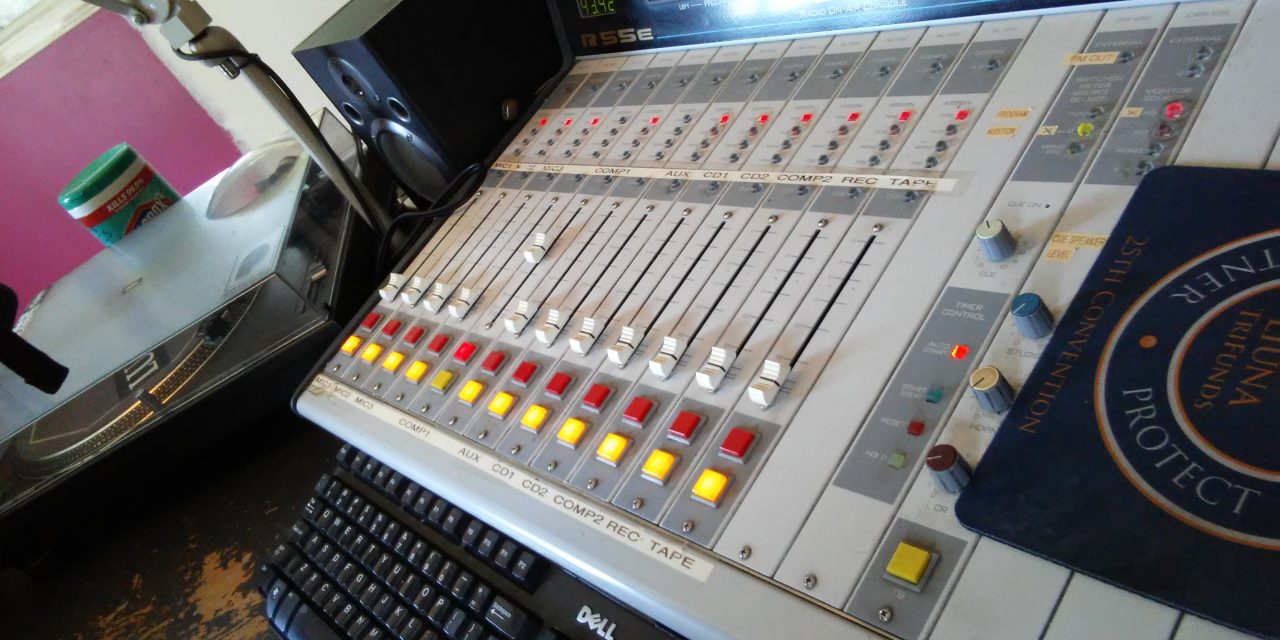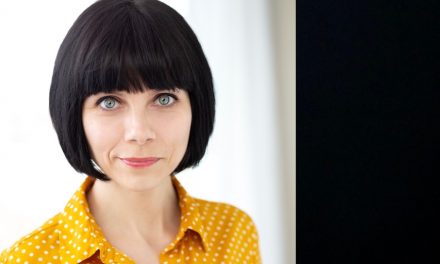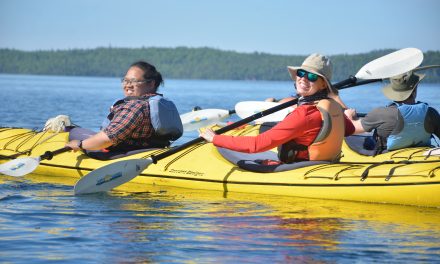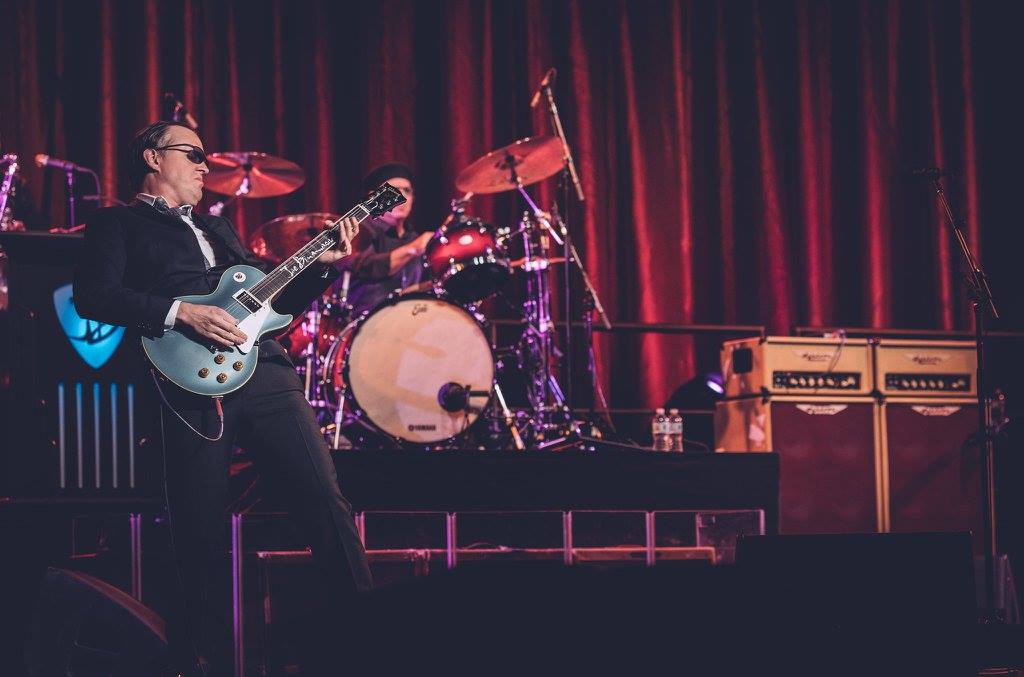LU Radio Staff, Volunteers, Find New Ways to Broadcast
By Matt Prokopchuk
After graduating from university in Ottawa and returning home to Thunder Bay, my first foray into the media world here was to start hosting a hard rock radio show on LU Radio. More than 13 years later, I’m still doing it–albeit very differently these days.
The not-for-profit campus and community station is no exception in that its operations have been drastically changed by the COVID-19 pandemic. Only station staff is permitted in the building itself, meaning the dozens of volunteer programmers responsible for coming into the studio to do their shows live, no longer can.
The station continues to broadcast around the clock, however, relying on a mixture of rebroadcast shows and new episodes that programmers are producing from home. The number of the latter continues to increase, says Sean Madigan, the general manager of LU Radio–and sole full time staff member.
“At first is was about 30 per cent of the programmers [producing new shows],” Madigan says. “But now it’s more like 50, 60 per cent are doing it from home.”
“Sometimes people ask just for advice on how to get it done and I just recommend the best software for them to use to record and often times people have their own microphones, equipment and stuff like that.”
One long-time programmer at LU Radio says the switch from doing a live show to putting it together ahead of time is a whole new experience–but one that presents new challenges from which to learn.
“Live radio definitely is a different experience for the programmer,” says Lisa Ferris, the host of Betty Howls, a weekly two-hour show that spotlights female artists. “For me, it’s a really interesting, kind of beautiful experience where you have to be in the moment and you have to accept mistakes in that moment and kind of move on.”
“I like the feeling of being live and not having a plan.”
That spontaneity is difficult to capture when building a prerecorded show at home, she says, but adds that it’s another step in her evolution as an on-air talent.
“First it was to have a show and to talk on the air about stuff that scared me,” she says. “Once I got comfortable with that, it was to talk to other people and interview them on the air live and talk about the same subject matter.”
“So now, this is some kind of new challenge to recreate the same feeling and looseness.”
Madigan says he doesn’t know how long the current way of operating will last but he doesn’t foresee the station reopening to live radio shows any time soon, saying it will require clearance from the province, the National Campus and Community Radio Association and Lakehead University.
“When we do open up, it’s not going to be, just magically one day, ‘hey everybody come back in’–it will be a very gradual, very slow thing.”
In the meantime, Ferris says she will continue to embrace the newest broadcasting challenge.
“I don’t necessarily see it as a negative experience, just because the whole show has been about growing.”














